Read time: 4 minutes, 15 seconds.
There’s nothing worse than staying at a place away from home that’s loud, stressful, and/or uncomfortable. During the days when I would travel around the country for volleyball competitions, I learned a thing or two about getting good sleep while away. I realized that there are a lot more things out of my control when I’m away from home than when I’m in my bedroom. And when I travel internationally across time zones, there are even more factors to consider.
There are several things that can disrupt sleep while traveling. One of the most common disruptors is changes in time zones, which can lead to jet lag. This makes it difficult to fall asleep when you want or need to. Changes in sleeping arrangements, such as sleeping in a new or uncomfortable bed, can also make it harder to get a good night’s sleep. Other factors that can disrupt sleep include noise from other travelers or outside the hotel, light from streetlights or other sources, and uncomfortable temperatures. Stress and anxiety related to travel, such as worrying about catching flights or navigating unfamiliar surroundings, can also make it harder to fall asleep and stay asleep.
Also Read: 4 Ways to Upgrade Your Sleep
But not all hope is lost. Here are several tips to help you get a good night’s sleep while away from home.
Choose your accommodations wisely.
I’ve stayed in all sorts of places from hostels to Airbnbs to all-inclusive resorts to luxury hotels. I can remember several occasions when I would wake up to what sounded like people above me moving furniture. All night long.
I’ve been woken up by street noise, slamming doors, barking dogs, crying babies, and loud music from spring breakers. I once stayed in an Airbnb where the mattress and bed were so terrible that I had to sleep on the floor. One time I accidentally booked a smoking room at a hotel (because it was cheap) and woke up the next day coughing. Blechhhh.
When booking your accommodations, do your research and read reviews of the place before you book. Consider factors such as noise, location, safety, temperature control, and bed/bedding. If you’re a light sleeper like me and sleep is important to you, choose your place very wisely. Make sure it’s not close to noisy streets or busy night life. A bed and breakfast in the country is going to be much more peaceful than a boutique hotel on Bourbon Street.
If you are particular about your bed and bedding, choose a higher-end place. They typically splurge on comfortable mattresses and more luxurious things (like air conditioning). Usually, you can find this information in the reviews. If not, don’t be afraid to call up the host and ask about them. If they don’t know the answer(s), they probably don’t care all that much about making guests comfortable.
Bring things that will increase your comfort.
When traveling, bringing items from home can help to create a more comfortable sleep environment and promote a better night’s sleep. If you have space in your luggage, consider bringing a pillow, pillowcase, blanket, or other linens. These can provide a sense of comfort and familiarity in an unfamiliar sleeping environment.
Also Read: Travel Smarter, Sleep Better: 7 Items to Pack for Restful Night Anywhere
For noise control, bringing earplugs or a white noise machine can help to drown out noise and promote a more peaceful sleep environment. A sleep mask can also be helpful for blocking out light and creating a dark sleep environment. Aromatherapy oils or a diffuser can help to promote relaxation and reduce anxiety. And of course, comfortable sleepwear made from breathable materials can help to regulate body temperature and promote a more comfortable night’s sleep
Stick to your usual sleep schedule.
If you’re traveling for work or competition, sticking to your usual sleep schedule will help with your performance. Maintaining a consistent sleep routine can help to regulate the body’s circadian rhythm. This plays a key role in athletic and cognitive performance. If you’re going to be in a new time zone, you may want to adjust your schedule ahead of time so that you can more easily transition to the new time zone.
Also Read: 7 Tips for Falling Asleep Faster
Avoid sleep disruptors.
If you want to feel your best while traveling, avoid anything that will disrupt your sleep quality. Both caffeine and alcohol can do this, so it’s best to avoid them or limit your intake, especially in the evening. Stress is another big sleep disruptor so do your best to minimize it while traveling. Taking a relaxing bath or listening to a short sleep meditation before bed can help ease stress and anxiety from a long day of travel.
Also Read: My Secret To Surviving Stress
Consider natural sleep aids.
If you’re having trouble sleeping or you’re hopping several time zones, consider using natural supplements. Melatonin, valerian root, or chamomile tea are common ones that people turn to for help falling asleep. Also, check out this blog post for more natural supplements that can help with sleep and jet lag. Remember that it’s important to consult with a healthcare professional before using any sleep aids, especially if you have a medical condition or take medication.
In summary...
Getting a good night’s sleep while traveling is important for health and well-being. It’s also important for maintaining productivity and athletic performance when you need to do those things away from home. Fortunately, there are many things that travelers can do to improve their chances of getting a good night’s sleep on the go. These include packing a white noise machine, choosing accommodations wisely, sticking to a sleep schedule, and avoiding sleep disruptors. By making sleep a priority while traveling, you can ensure that you wake up feeling refreshed and ready to tackle your adventure.
While it may be tempting to sacrifice sleep to fit more activities into a trip, the benefits of a good night’s sleep cannot be overstated. Not only can better sleep lead to better physical and cognitive performance, but it can also help travelers feel more relaxed and refreshed throughout their journey. Taking steps to ensure a comfortable and restful night’s sleep you can set yourself up for a more enjoyable and successful trip. And that’s true no matter where your adventures take you.

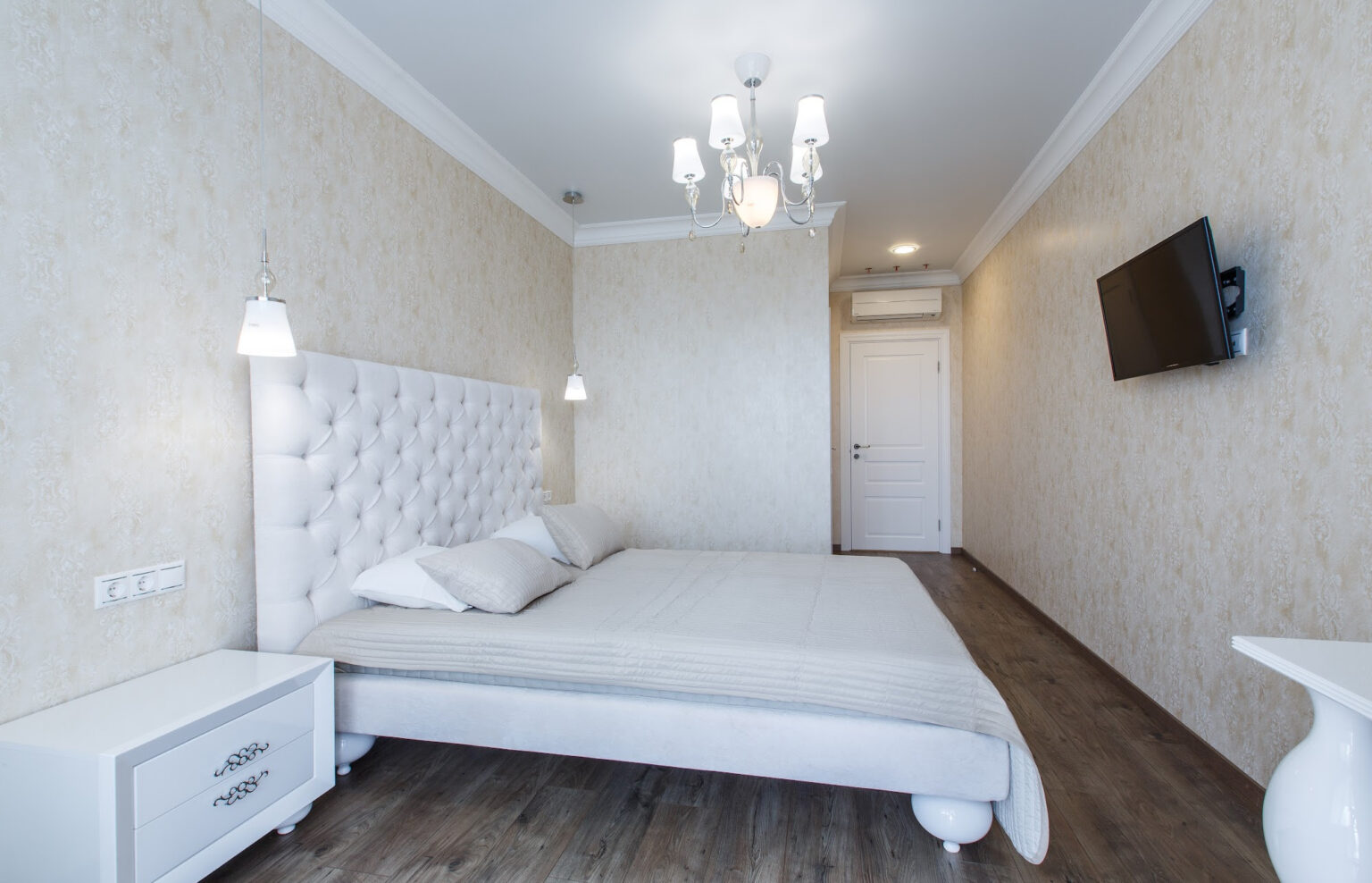
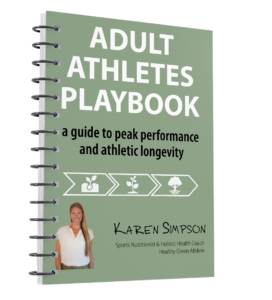



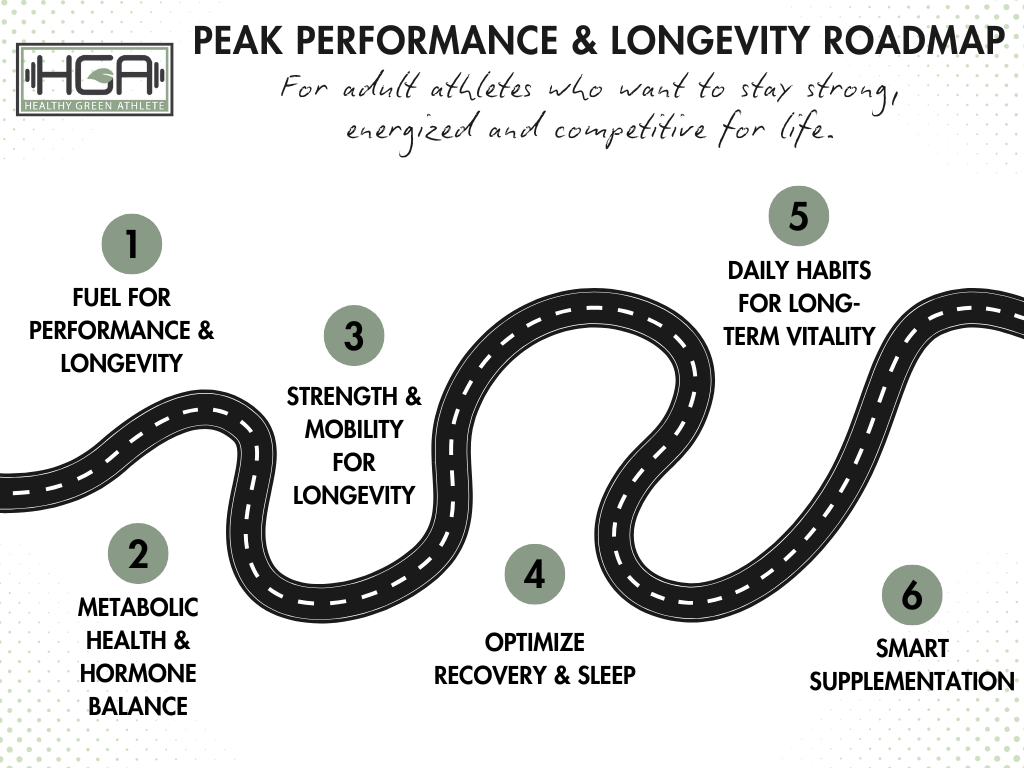


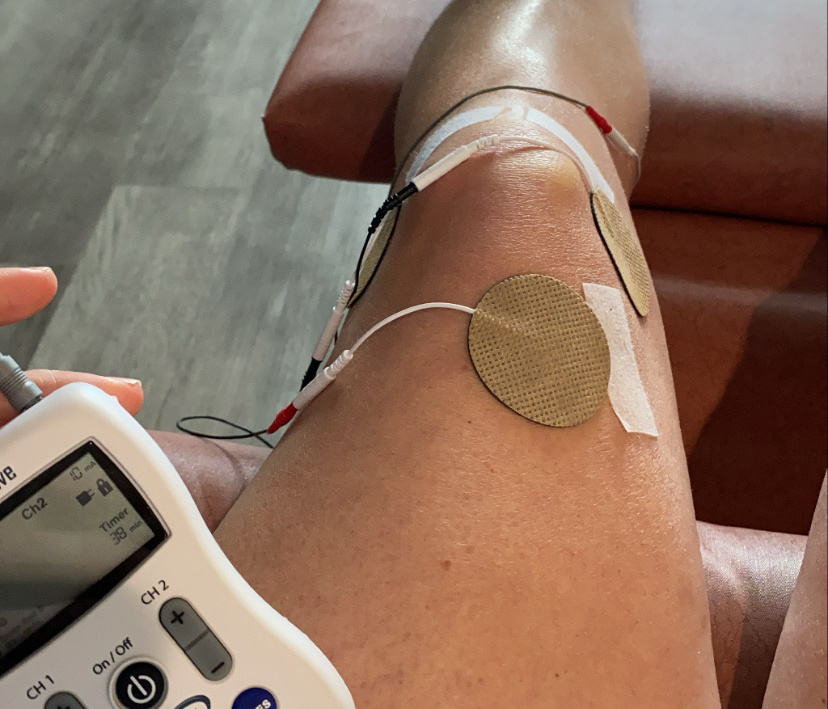


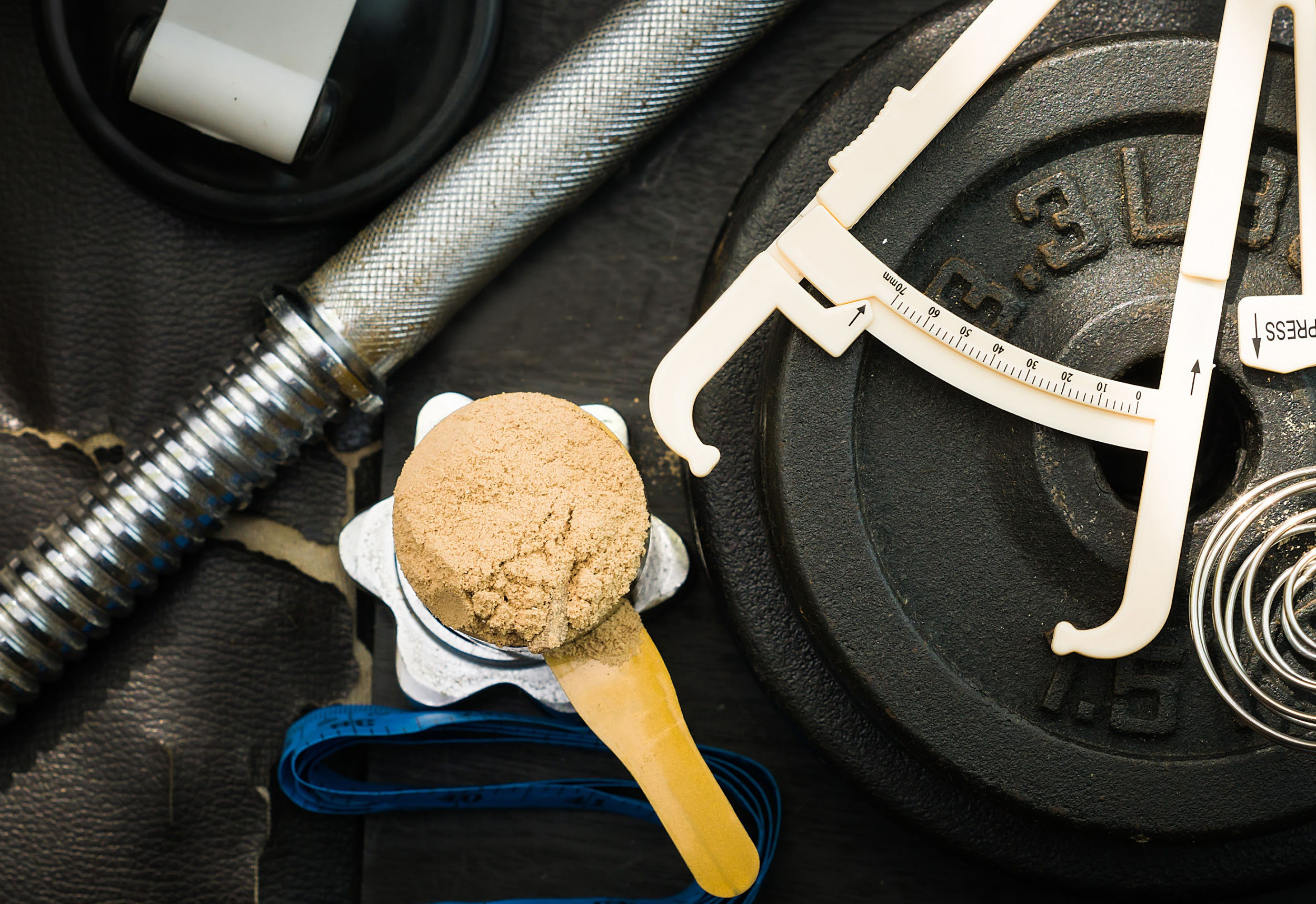
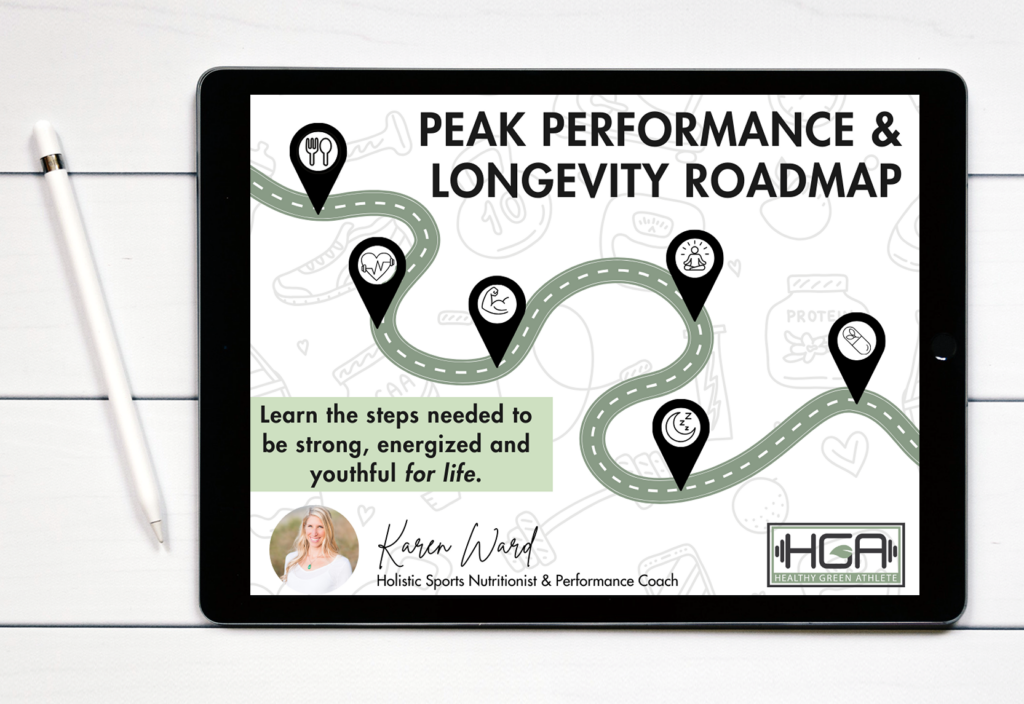
3 Comments
Pingback:
Pingback:
Pingback: